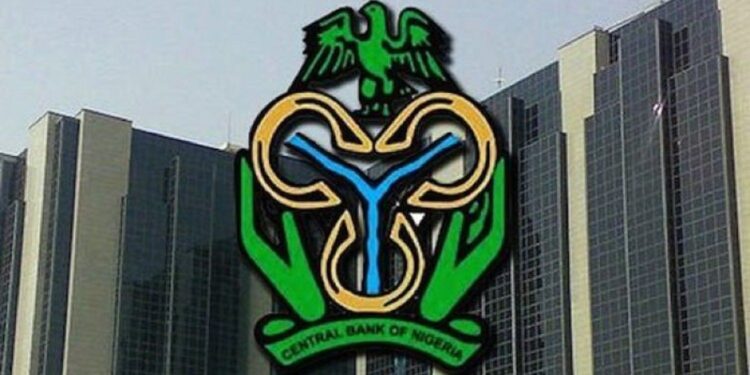The Central Bank of Nigeria (CBN) has introduced new guidelines enabling licensed Bureaux de Change (BDCs) to buy foreign exchange directly from Authorized Dealers, a significant change aimed at enhancing transparency and efficiency in Nigeria’s foreign exchange (FX) market.
This shift, detailed in a circular titled “Revised Guidelines for the Nigeria Foreign Exchange Market (NFEM)” issued on November 29, 2024, is part of the CBN’s broader strategy to streamline the FX market and ensure that the naira reflects its true value.
Key Changes in the Guidelines
The most notable update is the reintegration of licensed BDC operators into the official FX market. For the first time in years, BDCs can now source foreign exchange directly from Authorized Dealers, albeit within a monthly cap determined by the CBN.
According to the circular:
- BDC operators may buy FX from Authorized Dealers to meet customer demands, adhering to the CBN’s aggregate monthly cap.
- All transactions must comply with the terms of BDCs’ licenses and align with the Nigerian FX Code of ethics.
The CBN’s revised rules also impose stricter reporting and compliance standards on all market participants, including BDCs, Authorized Dealers, and International Money Transfer Operators (IMTOs).
Expanded Role for BDCs
The inclusion of BDCs in the official FX framework is expected to ease pressures faced by retail FX customers, including small businesses and individuals. By addressing gaps in the market, the new guidelines aim to provide a more accessible and regulated avenue for FX transactions.
However, BDCs will now face stricter monitoring and reporting requirements. Real-time reporting via electronic platforms is mandatory, with daily transaction records submitted to the CBN.
Enhanced Pricing and Monitoring
The revised framework centralizes FX pricing through the Electronic Foreign Exchange Matching System (EFEMS), ensuring transparency in daily transaction rates published by the CBN.
- Authorized Dealers must report transactions within 10 minutes using Application Programming Interfaces (APIs).
- BDCs are required to adopt similar technology for seamless and timely reporting.
By implementing these measures, the CBN aims to minimize distortions in the FX market and foster confidence among participants.
Implications for BDC Operators
While the new rules grant BDCs more access to FX, they come with heightened oversight and stricter compliance obligations. Daily reporting and the use of technology platforms will be essential to maintaining their licenses and fostering trust among retail customers.
These changes are expected to:
- Improve market transparency.
- Simplify access to FX for small businesses and individuals.
- Enhance the overall efficiency of Nigeria’s FX market.
Broader Market Impact
The CBN’s updated guidelines reflect its commitment to balancing market accessibility with the need for effective regulation. By integrating BDCs into the official FX market and enforcing rigorous compliance standards, the central bank hopes to create a fairer and more stable FX environment.
As BDCs adapt to these changes, the market may experience a boost in retail FX accessibility, paving the way for long-term confidence and growth.











